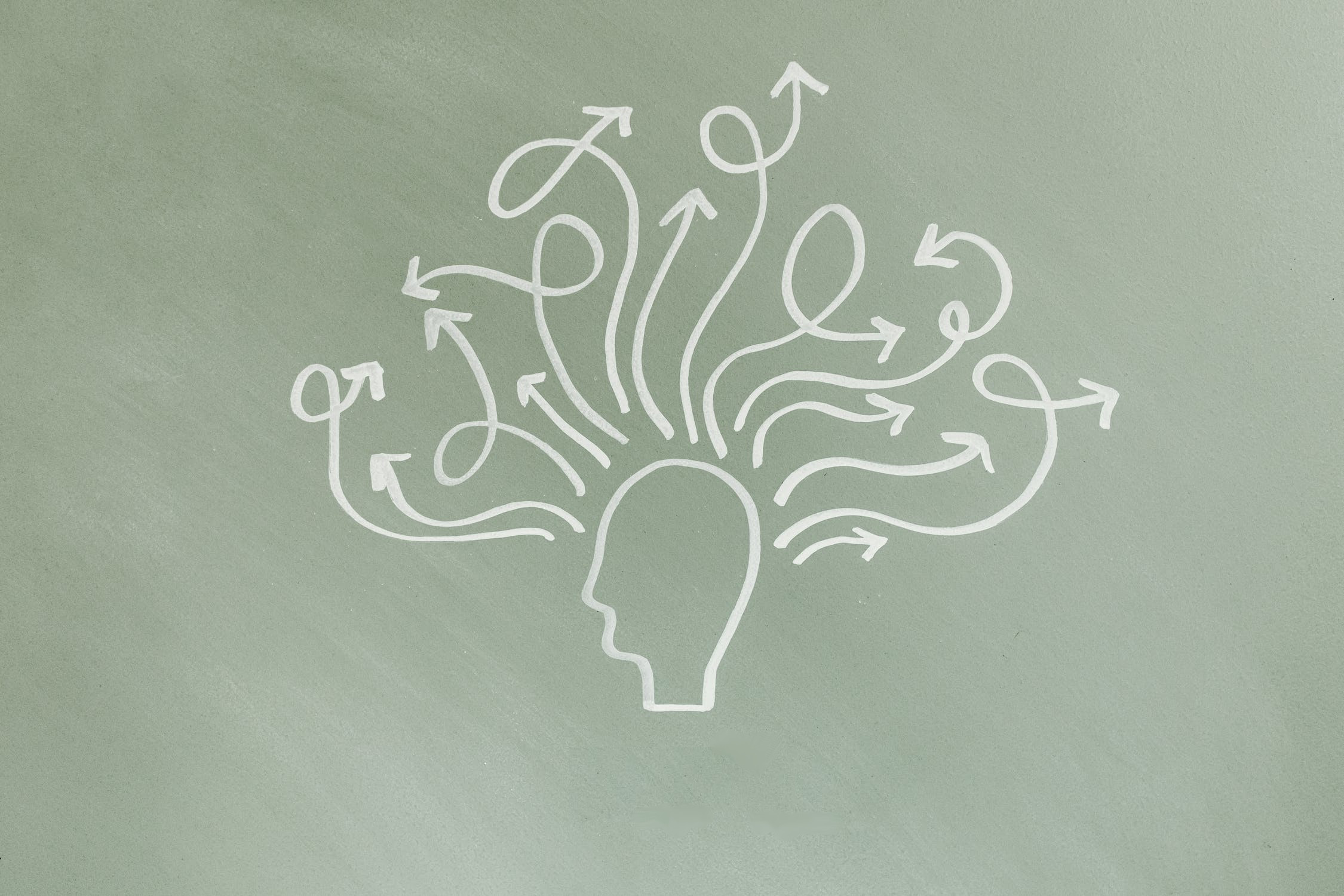
Greg Thorkelson, MD with Ryan Reagan, PhD(c), LPC
This week we will be covering cognitive behavioral therapy. CBT remains one of the most popular and widely practiced therapies. In some cases, it has been modified and repackaged to target specific disorders, e.g., trauma, eating disorders. At the time of its arrival it was arguing against the two giant paradigms that had occupied Psychology for much of the early 20th century—the psychoanalytic school and the behavioral school.
Psychoanalysis was initiated and dominated by two thinkers Sigmund Freud and Carl Jung. Their names are so closely associated with psychoanalytic theory that practitioners still often describe themselves as Freudian or Jungian. There were second and third waves of theoreticians who made valuable contributions to the field and are occasionally labeled as psychodynamic. Regardless of the label, the central tenet remains consistent—psychological disturbances are the result of psychic forces, psychic meaning of the psyche (not fortune tellers).

Behaviorism was the second dominant school of psychology and peaked in the post war era of the 1940’s and 50’s. Behaviorism is mostly closely related to B. F. Skinner and Ivan Pavlov, who contributed operant and classical conditioning respectively. The guiding philosophy of behaviorism was that psychological problems emerge from maladaptive behavior patterns that have emerged as a result of reinforcement. We repeat behavior that is associated with a pleasurable response. We avoid behavior associated with an unpleasurable response.
By the 60’s and 70’s there was an emerging consensus that both schools of thought were inadequate. The notion that behavior could be explained solely by unconscious drives was as inadequate as the notion that all behavior could be reduced to a schedule of reinforcements. Now, here is an important thing to keep in mind, it is not that either school was wrong per se, as much as they were inadequate. It is true that we have biological drives that motivate our mental lives. It is also true that we repeat behavior if it is rewarding. The problem for psychology emerged as these schools ossified into ideologies.
The literature on the history of psychology will sometimes refer to the “cognitive revolution.” The word revolution can sound a bit hyperbolic, but sometimes stating the obvious is revolutionary in that it irreversibly undermines the prevailing paradigm. So, what was so revolutionary about what Aaron Beck and other cognitive theorists were proposing? That a person’s conscious thoughts mattered as much to the presentation of the problem.

It is so obvious that you might be asking, that’s it? That’s the cognitive revolution? Indeed, it is, to understand it you would have to appreciate how deeply radical and revolutionary psychoanalytic theory was when Freud proposed it. It was a cultural phenomenon that far exceeded the reach of the field in which it was situated. Suddenly, a great amount of our mental life was explicable and attributed to the mysterious human unconscious. When behaviorism emerges decades later with its neat, clean, efficient experiments, it again seemed so obvious that nobody questioned the underpinnings for some time.
The flaw inherent in both psychoanalytic and behaviorist theory was that it situated human beings in a condition devoid of control. Your suffering was either the product of drives that were unconscious, or it had merely been shaped by external reinforcement that must be unlearned. In this mix, there is no room for thoughts and feelings of which you are consciously aware. Without conscious awareness we have no agency. A lack of agency means that you have no control over your circumstances, and when taken to it’s logical extreme this is the condition of helplessness. In laymen’s terms: if you have no agency, you cannot be an “agent of change.”

Beck’s key insight was to work directly with what was in conscious awareness. Consider this quote from the preface of his classic Cognitive Therapy And the Emotional Disorders:
“Moreover, let us suppose that the patient has at his disposal various rational techniques he can use, with proper instruction, to deal with these disturbing elements in his consciousness. If these suppositions are correct, then emotional disorders may be approached from an entirely different route: man has the key to understanding and solving his psychological disturbance within the scope of his own awareness (1979).”
We should emphasize awareness in the preceding passage. We do not want to throw Freud and the Behaviorists under the bus. There is a place for work on unconscious motivation, attachment, and family of origin issues. Likewise, there is a place for positive reinforcement. A skilled therapist knows the general terrain of human problems even if it can present a thousand different ways. Counseling is an art as much as a science. Part of the art of counseling is to know when and where to shift through various schools of thought, it’s how the picture gets “colored in,” (if you want to stick with the art analogy).
To summarize—CBT was developed in response to shortcomings within the psychoanalytic and behaviorist approaches to psychology, specifically a refocusing on conscious awareness as opposed to unconscious. It also resituated the concept of agency which is the seat of empowerment. We also want to stress that CBT is just one approach. There is no one-size-fits-all method.

To bring this point home, a bit of humor:
A guy walks into a therapist office…
The psychoanalyst says “can you tell me about your relationship with your Mother?”
The behaviorist says “can you tell me how your Mother used positive praise?”
The CBT therapist says “can you tell about how you presently think and feel toward your Mother?”
This may not be funny if you aren’t into this stuff, or if you don’t care much for Dad jokes of the “guy walks into a bar” type. If you’re a psychologist and into Dad jokes, God bless you. Joking aside, each of the above are important. Your relationship with your Mother matters or mattered. Ditto for your Father. Likewise, the messages that were sent had an impact on your behavior. Third, how you think and feel toward anyone who holds a significant place in your life matters, because you matter.

